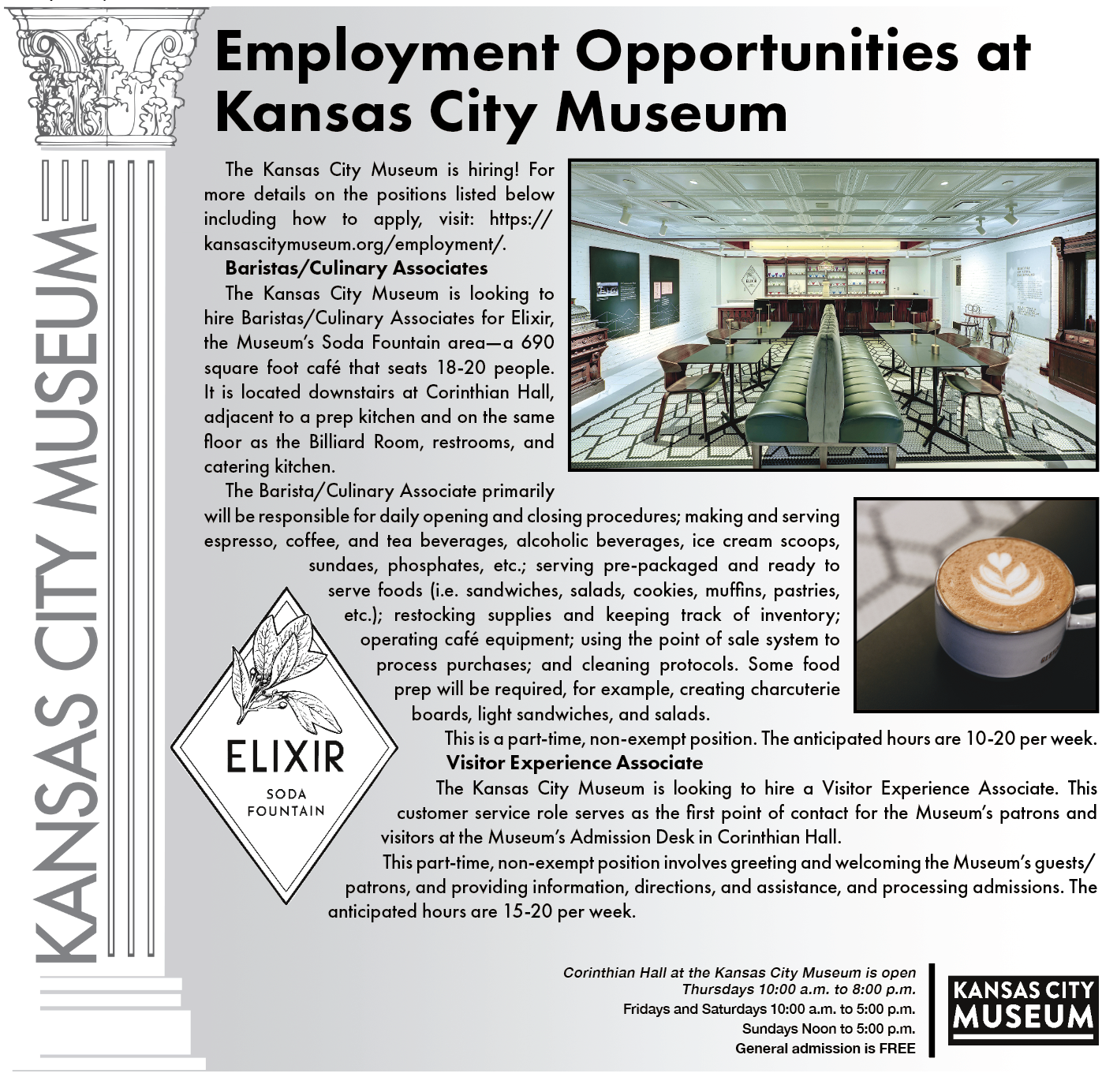Joe Jarosz
Northeast News
Feb. 20, 2015
KANSAS CITY, Missouri — An ordinance was introduced at last Thursday’s City Council meeting that could potentially eliminate employee liquor permits.
According to the city’s website, any person who works in an establishment as a bar manager, bartender, waiter, cashier, sales clerk, stock person, doorman or any position responsible for checking identification, must have a permit. These permits are issued by the Regulated Industries Division. Any person 21 years or older who qualifies after completing a criminal record check can obtain an employee liquor permit. A person who is 18 years or older who qualifies after completing a criminal record check can obtain an employee liquor permit to sell or serve alcohol on a limited basis.
Currently, the city has restrictions on who can and cannot receive an employee liquor permit. The city currently will not issue the permit to any person who is a dangerous offender, persistent sexual offender or predatory sexual offender or has been found guilty of, pleaded guilty to, or been convicted of a felony for murder, voluntary manslaughter, forcible rape, forcible sodomy, kidnapping, false imprisonment, first degree child molestation, second degree child molestation, or sexual abuse. This is to to assure residents that those who do not qualify would not be allowed to check identification or sell or serve alcoholic beverages at any liquor licensed business.
However, the ordinance, sponsored by First District At-Large Councilman Scott Wagner, would eliminate those restrictions. The ordinance will next be heard at the Public Safety and Emergency Services Committee at 10:30 a.m. Wednesday, Feb. 25. The original ordinance, Wagner explained, was first created to help track those who may be involved in organized crime and their access to alcohol establishments.
“Over time, it’s been used as a way to vet people from being able to access liquor or to serve it with the thought that those who are dangerous criminals, it may open a door for them that people don’t want them to go through,” Wagner said.
Wagner mentioned several reasons why he is sponsoring the ordinance — the permits single out certain industry workers and permit efficiency — but whether the permit is right or wrong, Wagner said the ordinance itself is really more of a question of the city’s public policy objective.
“Are we meeting it with the liquor card or are we punishing everyone else by using a tool that’s been around for decades that was to serve a different purpose,” Wagner asked. “However the outcome, I’m ok with. If we say we’re not going to change anything, ok. If we say we’re going to get rid of them, ok. If we decide there’s a means in which to preserve a public safety issue while better meeting the needs of the hospitality and grocery industry, and those who are needing a workforce, then that’s ok too.”
One person who believes the ordinance is a bad idea is Jim Ready, Kansas City Regulated Industries Division manager.
“I know this is an extreme example, but having a convicted, dangerous felon work in a bar makes as much sense as them working in a daycare,” Ready said. “Giving them the power to mix drinks, look at people’s I.D.’s, and giving them the ability to cut people off from order more drinks doesn’t make sense. Power shouldn’t be given to those people and that’s something we’re trying to avoid that in Kansas City.”
In 2014, Ready said his office denied liquor permits to 54 applicants, at least once a week, because they failed a background check. Of those who were denied the permits, Ready said included one murderer, three rapists and six lifetime sex offenders.
“Fifty four people lied on their application and had jobs lined up,” Ready said.
Councilman John Sharp, chair of the Public Safety and Emergency Services Committee, said the reason the city requires these background checks is when people drink too much, they become vulnerable.
“I’m all for giving ex-offenders another chance because if you don’t, you almost force them to become a repeat offender,” Sharp said. “But I think it’s irresponsible to allow an ex-violent, repeat offender to be able to prey on vulnerable people. It would be extremely dangerous to allow sexual offenders to have access to someone personal information.”
In a previous council term, Sharp introduced an ordinance to ease up the restrictions on liquor permits. There are still changes that could be made, he said, that would not endanger personal safety.
“I don’t think they [dangerous offenders] should have the ability to get employee liquor permits,” Ready said. “They can still work in a bar but can’t be associated with liquor. There’s other jobs out there for those folks, and I’m fine with that because it comes down to public safety.”
Wagner said he has no expectation the ordinance is going to get it out of committee next week, “in fact I’d be shocked if that was the case.” But, he hopes there’s a real public policy discussion between the interest of public safety and interest of small business.
“I hope we can come away meeting the needs of both because right now, we’re not,” Wagner said.


















